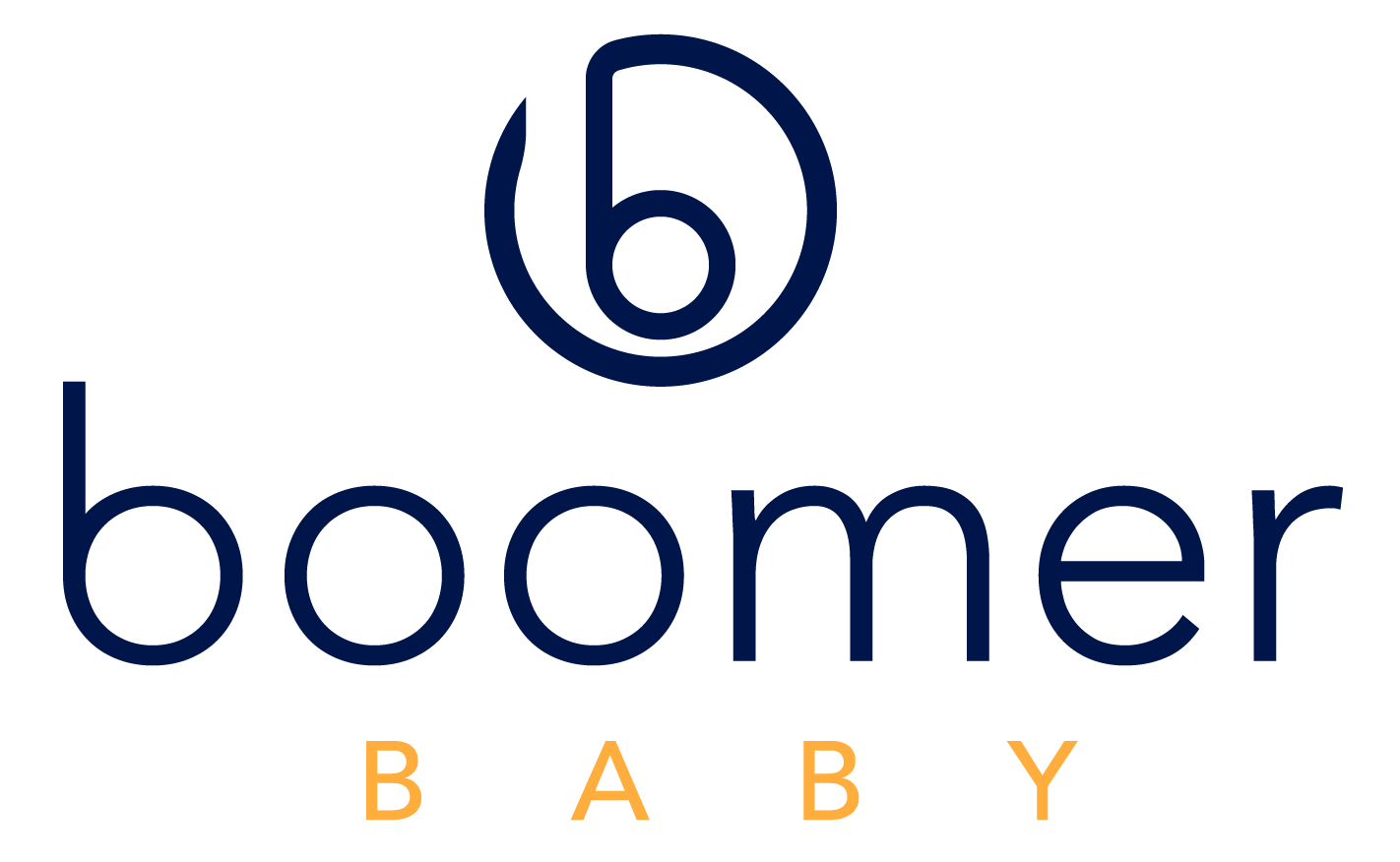
Is Medicare Primary or Secondary?
Revised on October 9, 2024
Understanding Medicare: Primary or Secondary Payer
When it comes to health insurance, understanding whether Medicare is your primary or secondary payer can be crucial. This distinction determines which insurance pays your claims first. At Boomer Baby, we can help you navigate this complex area of health coverage.
Medicare as a Secondary Payer
Medicare can act as a secondary payer in certain situations. This means another insurance plan will pay first, and Medicare will cover the remaining costs. Knowing when Medicare acts as a secondary payer can save you money and reduce stress:
- If you are still working and have health insurance through your employer.
- If you are covered by your spouse’s group health plan.
- If you have other insurance coverage, like Medicaid or TRICARE.
When Medicare is Your Primary Insurance
Medicare is considered your primary insurance payer if you don’t have any other health insurance or if your other coverage pays after Medicare. Here are situations where Medicare may be your primary payer:
- If you are retired and don’t have employer group health plan coverage.
- If you are not covered under a spouse’s health plan.
- If you have enrolled in Medicare and do not have COBRA coverage.
How Primary and Secondary Payers Work Together
Primary and secondary payers coordinate to cover your health expenses. The primary insurer pays first, and the secondary payer covers the remaining costs. This coordination of benefits ensures that your claims are handled efficiently and effectively. It’s important to know which insurer pays first to avoid unexpected bills:
- Medicare Advantage Plans can become your primary insurance if you are enrolled in one.
- Supplemental insurance can help cover costs not paid by Medicare.
Factors That Determine Primary or Secondary Insurance Status
The status of Medicare as primary or secondary insurance depends on various factors, including your current work situation, retirement status, and other health insurance plans you might have. Here are some key points to keep in mind:
- Whether you are still employed or retired.
- Type of health plan provided by your employer or your spouse’s employer.
- Additional insurance coverage, such as Medicaid or TRICARE.
Medicare and Group Health Plans
If you are still working and have a group health plan through your employer, your group health plan will usually be your primary payer. Medicare becomes your secondary payer, covering costs not paid by your primary insurance. Here’s how it works:
- If your employer has 20 or more employees, your group health plan pays first.
- If your employer has fewer than 20 employees, Medicare may pay first.
When Medicare Becomes Your Primary Insurance
Medicare becomes your primary insurance when you are no longer covered by another health insurance plan. This usually happens when you retire or if your spouse’s health plan no longer covers you. It’s essential to know when Medicare becomes your primary payer to ensure continuous health coverage:
- After you retire and lose your employer’s group health plan.
- If your spouse’s health plan no longer covers you.
Medicare and COBRA Coverage
If you have COBRA coverage, it’s important to understand how it works with Medicare. Generally, COBRA pays first, and Medicare acts as the secondary payer. However, if you become eligible for Medicare while on COBRA, it may affect your COBRA benefits:
- If you are eligible for Medicare before enrolling in COBRA, you must enroll in Medicare first.
- If you become eligible for Medicare while on COBRA, COBRA may terminate early.
Medicare and Retiree Health Plans
Retiree health plans often work with Medicare as secondary payers. If you have a retiree health plan, it usually pays after Medicare. This coordination helps cover additional costs, such as copayments and deductibles:
- Medicare pays first, followed by your retiree health plan.
- Retiree plans can provide valuable supplemental coverage.
How to Know When Medicare is Primary or Secondary
It’s essential to know when Medicare is your primary or secondary insurance. This knowledge helps you understand your health insurance plan and avoid unexpected medical bills. Consult with an insurance agent to determine your specific situation:
- Check if you have other health insurance plans.
- Determine if you are employed or retired.
- Review your health insurance coverage with your insurance companies.
We’re Here to Help
Understanding whether Medicare is primary or secondary can be challenging. At BoomerBaby, we are here to help you. Call us today at 1 (800) 903-8044 to speak with an experienced insurance agent who can guide you through your Medicare options. With locations in Mill Valley, California; Bend, Oregon; Santa Ana, California; Sun Valley, Idaho; and Boulder, Colorado, we are ready to assist you with all your Medicare needs.
